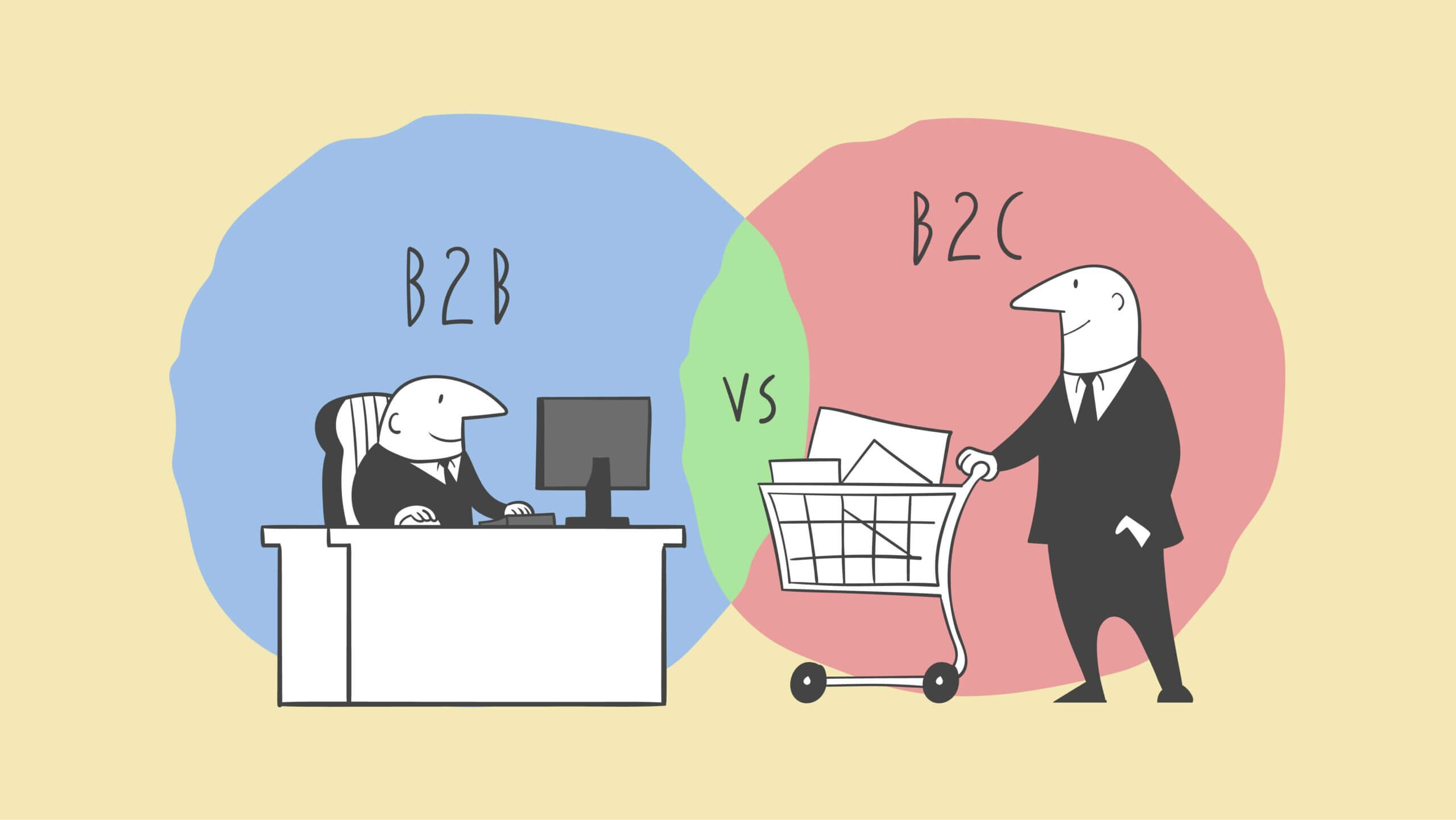In the realm of digital marketing, content marketing services have become the cornerstone for businesses aiming to establish their online presence and drive meaningful engagement with their target audience. Whether you’re a B2B enterprise seeking to build credibility within your industry or a B2C brand aiming to captivate consumers, understanding the nuances of content marketing is crucial for success. In this comprehensive guide, we’ll delve into the key similarities and differences between content marketing for B2B and B2C audiences, helping you tailor your strategies effectively to maximise results.
Target Audience Analysis:
When embarking on a content marketing journey, the first step is understanding the distinct characteristics of your target audience. For B2B companies, this often entails catering to a more professional and decision-oriented audience, comprising industry professionals, executives, and stakeholders. On the other hand, B2C businesses typically target a broader consumer base, encompassing individuals with diverse interests, preferences, and purchasing behaviours. By comprehending these differences, marketers can tailor their content to resonate with the specific needs and preferences of each audience segment.
Content Strategy:
Crafting a robust content strategy is essential for delivering relevant and engaging content to your target audience. For B2B content marketing, the focus lies on providing valuable insights, thought leadership content, and actionable solutions that address the pain points and challenges faced by businesses. This often involves leveraging content formats such as whitepapers, case studies, and industry reports to establish credibility and authority within the respective niche.
In contrast, B2C content marketing revolves around capturing the attention and emotions of consumers through compelling storytelling, visually appealing content, and interactive experiences. From vibrant social media campaigns to captivating product demonstrations, B2C brands prioritise creating content that resonates with the aspirations, desires, and lifestyles of their target audience.
Content Creation:
Effective content creation is the cornerstone of any successful content marketing campaign. For B2B companies, this entails producing in-depth, data-driven content that demonstrates expertise and provides tangible value to industry professionals. Whether it’s educational blog posts, informative webinars, or insightful case studies, B2B content aims to educate, inform, and guide decision-makers through the buyer’s journey.
Similarly, B2C content creation revolves around capturing attention and fostering emotional connections with consumers. From visually stunning social media posts to entertaining video content, B2C brands prioritise creativity and storytelling to engage their audience on a personal level. By leveraging user-generated content, influencer partnerships, and interactive experiences, B2C marketers can cultivate a sense of community and brand loyalty among their customer base.
Conversion Strategies:
Converting leads into loyal customers requires a strategic approach tailored to the unique needs and preferences of each audience segment. In the B2B landscape, content marketing plays a crucial role in nurturing leads, building trust, and facilitating informed decision-making processes. By providing valuable resources, addressing common objections, and offering personalised solutions, B2B marketers can guide prospects through the sales funnel and drive conversions effectively.
Similarly, B2C conversion strategies focus on creating seamless and immersive experiences that inspire action and drive purchases. Whether it’s optimising product pages for search engines, leveraging social proof through customer reviews, or implementing retargeting campaigns to re-engage shoppers, B2C marketers employ a variety of tactics to enhance the online shopping experience and drive conversions.
Measurement and Analytics:
Measuring the success of your content marketing efforts is essential for refining strategies, optimising performance, and maximising ROI. For B2B content marketing, key performance indicators (KPIs) such as lead generation, website traffic, and engagement metrics are used to evaluate the effectiveness of campaigns and identify areas for improvement. By leveraging analytics tools and platforms, B2B marketers can gain valuable insights into audience behaviour, content performance, and conversion attribution, allowing them to make data-driven decisions and optimise their strategies accordingly.
Similarly, B2C marketers rely on a diverse set of KPIs, including conversion rate, customer lifetime value, and social media engagement, to measure the impact of their content marketing efforts. By tracking metrics across various channels and touchpoints, B2C marketers can gain a comprehensive understanding of consumer behaviour, preferences, and purchase intent, enabling them to tailor their content strategies for maximum impact.
Case Studies and Examples:
Examining real-world examples and case studies can provide valuable insights and inspiration for your own content marketing efforts. For B2B companies, success stories such as HubSpot’s inbound marketing approach or Salesforce’s thought leadership content showcase the power of content marketing in driving lead generation, customer acquisition, and revenue growth within the B2B space.
Similarly, B2C brands like Nike, Coca-Cola, and Airbnb have leveraged creative storytelling, immersive experiences, and user-generated content to forge deep emotional connections with their audience and drive brand loyalty. By studying these examples and extracting key learnings, marketers can gain valuable insights into effective content strategies and tactics that resonate with their target audience.
Conclusion:
In conclusion, content marketing serves as a powerful tool for B2B and B2C businesses alike to connect with their audience, drive engagement, and achieve their business objectives. By understanding the key similarities and differences between content marketing for B2B vs. B2C audiences, marketers can tailor their strategies effectively to deliver relevant, compelling content that resonates with their target audience.
As a leading SEO company in Sydney, Ambire specialises in helping businesses optimise their content marketing strategies to improve visibility, drive traffic, and generate leads. With a deep understanding of the intricacies of content marketing for both B2B and B2C audiences, Ambire delivers customised solutions tailored to your unique needs and objectives. Contact us today to learn more about how we can elevate your content marketing efforts and help you achieve your business goals.



